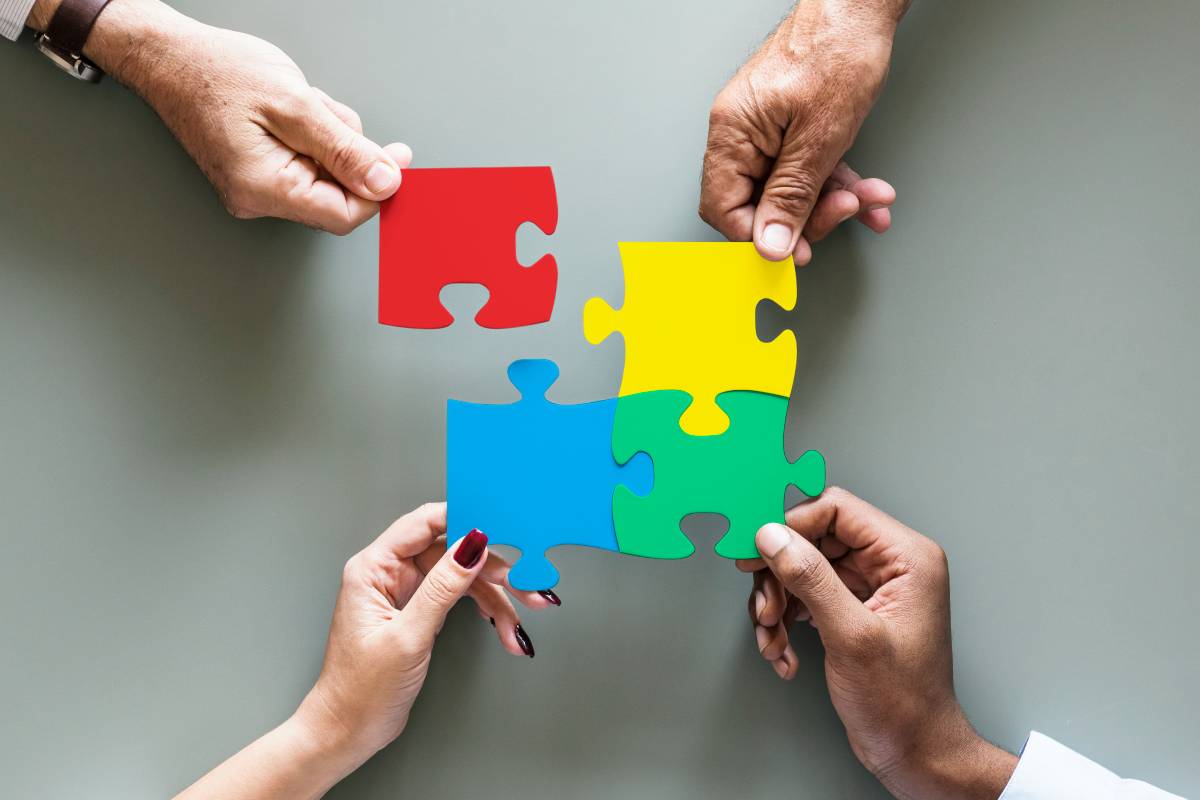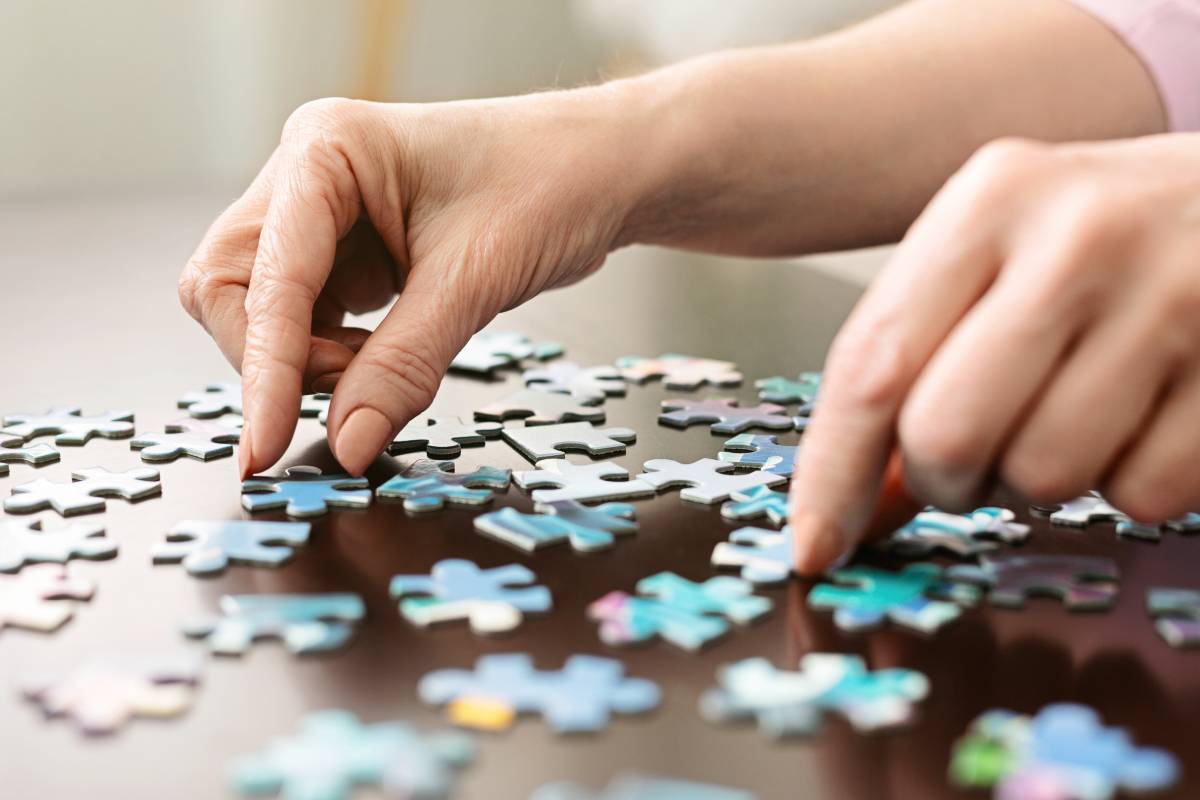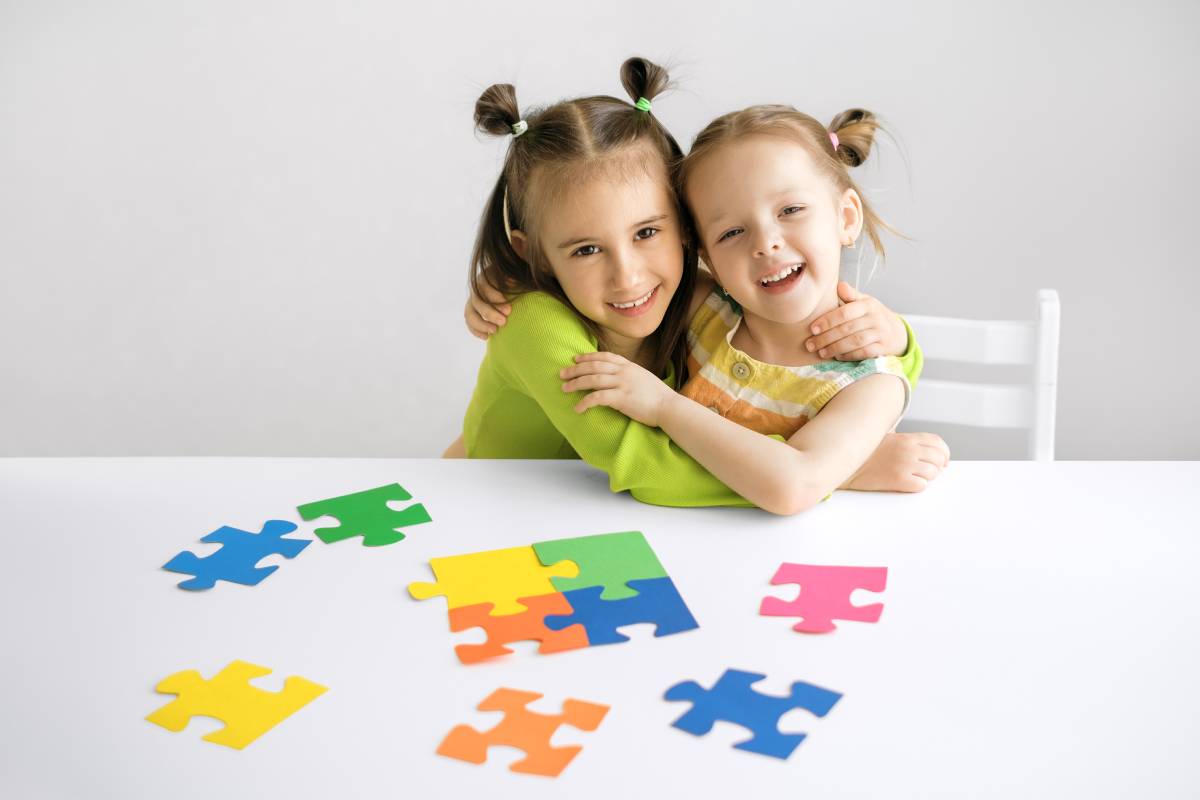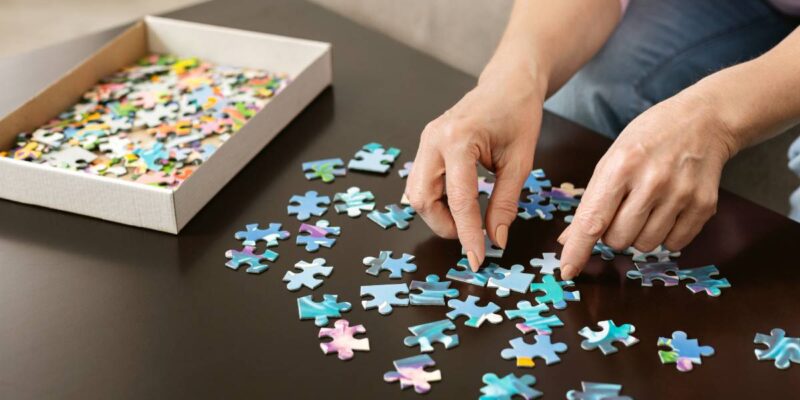Jigsaw puzzles are a timeless and popular pastime enjoyed by people of all ages. Beyond just being a fun and relaxing activity, puzzles offer surprising benefits for the brain and emotional well-being.
Many wonder if puzzles can actually improve intelligence or help with emotional growth. In this article, we’ll explore how jigsaw puzzles can boost cognitive skills related to IQ, support emotional development, and promote overall brain health.
Whether you’re a casual puzzler or someone looking to challenge your mind, understanding these benefits can add new meaning to every piece you fit together.
Do Jigsaw Puzzles Improve IQ?

IQ means “intelligence quotient.” It measures how well someone thinks and solves problems. Many people wonder if playing jigsaw puzzles can make you smarter or raise your IQ.
The answer is yes puzzles can help improve skills linked to IQ, but they do not instantly make you smarter. Instead, puzzles train parts of the brain used in IQ tests.
1. Visual Spatial Skills
When you work on puzzles, you look closely at shapes, colors, and patterns. You need to imagine how pieces fit together.
This practice improves your visual spatial skills and the ability to understand and remember how things look in space. Good visual-spatial skills help in areas like math, science, and art.
2. Problem-Solving and Thinking
Solving puzzles means thinking carefully and trying different ideas. You have to plan, decide which pieces to try, and recognize patterns. This process improves problem-solving and logical thinking skills that help you in school, work, and daily life.
3. Memory
Puzzles train your short-term memory. You remember the shapes and colors of pieces and where they might fit. Improving memory helps you learn new things faster and think better.
While puzzles improve these skills, IQ also depends on many other things like learning, experience, and genetics. Puzzles are a good way to challenge your brain but are not the only way to increase intelligence.
How Do Puzzles Help Emotional Development?
Puzzles are not just good for thinking they also help your feelings and emotions grow. Emotional development means learning how to understand and control your feelings.

1. Patience and Persistence
Puzzles can take time to finish. Sometimes they are hard, and you may want to give up. Working on puzzles teaches patience waiting calmly and persistence not giving up. These are important skills for life.
2. Confidence and Achievement
Finishing a puzzle feels great! It gives a sense of success. This success builds confidence and helps people believe they can solve problems and learn new things.
3. Reduces Stress and Anxiety
Focusing on puzzles can calm your mind. When you concentrate on fitting pieces together, your brain stops worrying about other problems. This helps lower stress and makes you feel relaxed.
4. Social Skills
Doing puzzles with family or friends helps you work together, talk, and share ideas. This improves communication and teamwork, important parts of emotional intelligence.
5. Better Focus and Self Control
Puzzles teach you to concentrate and control impulses. Instead of rushing to finish, you learn to think step-by-step, which helps in school and life.
How Good Are Jigsaw Puzzles for the Brain?
Puzzles give your brain a workout. They make different parts of your brain work together and help keep your brain healthy.
1. Uses Many Brain Areas
Working on puzzles uses your thinking brain, your visual brain, and your memory brain. This helps create new connections between brain cells, making your brain stronger and more flexible. Engaging multiple areas at once keeps your mind active and healthy over time.
2. Improves Memory and Focus
Puzzles improve your ability to remember where pieces go and keep your attention for longer times. This helps with learning and everyday tasks. Regular practice can boost your concentration and make it easier to stay focused in other activities.

3. May Delay Memory Loss
For older adults, doing puzzles may slow down memory problems and help keep the brain sharp. It’s a good way to keep your mind active. Staying mentally engaged with puzzles can contribute to overall brain health and delay cognitive decline.
4. Boosts Creativity
Looking for ways pieces fit helps you see patterns in new ways. This improves creative thinking and helps solve problems better. Creative thinking gained from puzzles can also be applied to real-life challenges and innovative ideas.
5. Helps Fine Motor Skills
Handling puzzle pieces improves hand coordination and fine motor skills, especially useful for children and older adults. Developing these skills supports daily tasks like writing, buttoning clothes, and using tools.
6. Encourages Logical Thinking
Putting puzzles together needs planning and following steps. This builds logical and sequential thinking skills. These skills are important for problem-solving and decision-making in everyday life.
Tips for Getting the Most from Jigsaw Puzzles
- Choose the Right Difficulty : Pick puzzles that are not too easy or too hard. It should challenge you but still be fun.
- Play with Others : Doing puzzles with family or friends makes it more enjoyable and helps social skills.
- Try Different Types : Try different puzzles like 3D puzzles or brain teasers to train different skills.
- Do It Often : Practice regularly to keep your brain active.
- Build a Positive Mindset : Approach puzzles with patience and optimism. Celebrating small progress and staying motivated helps improve focus and emotional well-being.
Final Thoughts
Jigsaw puzzles are more than just games. They help improve thinking skills connected to IQ, like problem-solving, memory, and visual skills. They also help emotional growth by teaching patience, building confidence, and reducing stress.
For your brain, puzzles exercise many parts, helping you focus better, think logically, and stay mentally sharp. They can even slow memory loss in older adults.Whether you are a child or an adult, puzzles are a simple, fun way to keep your brain strong and your emotions balanced.




















